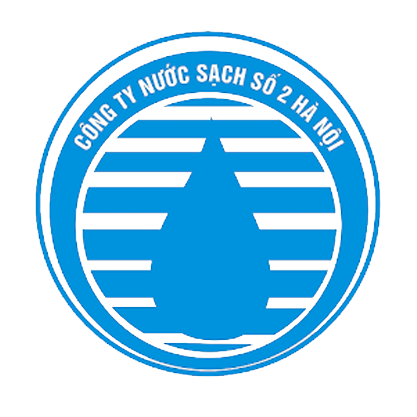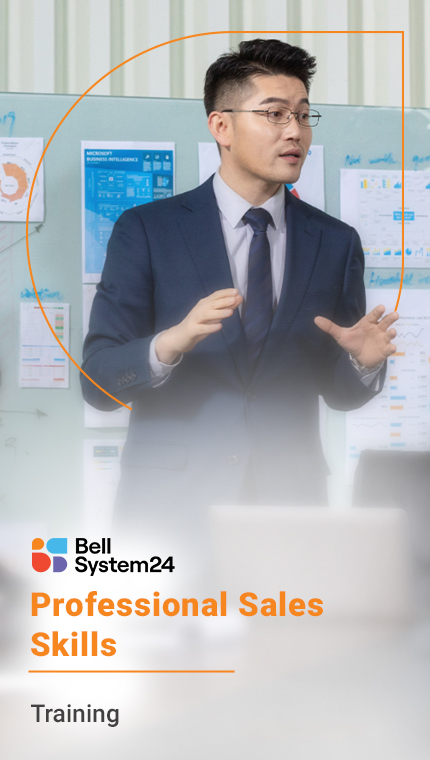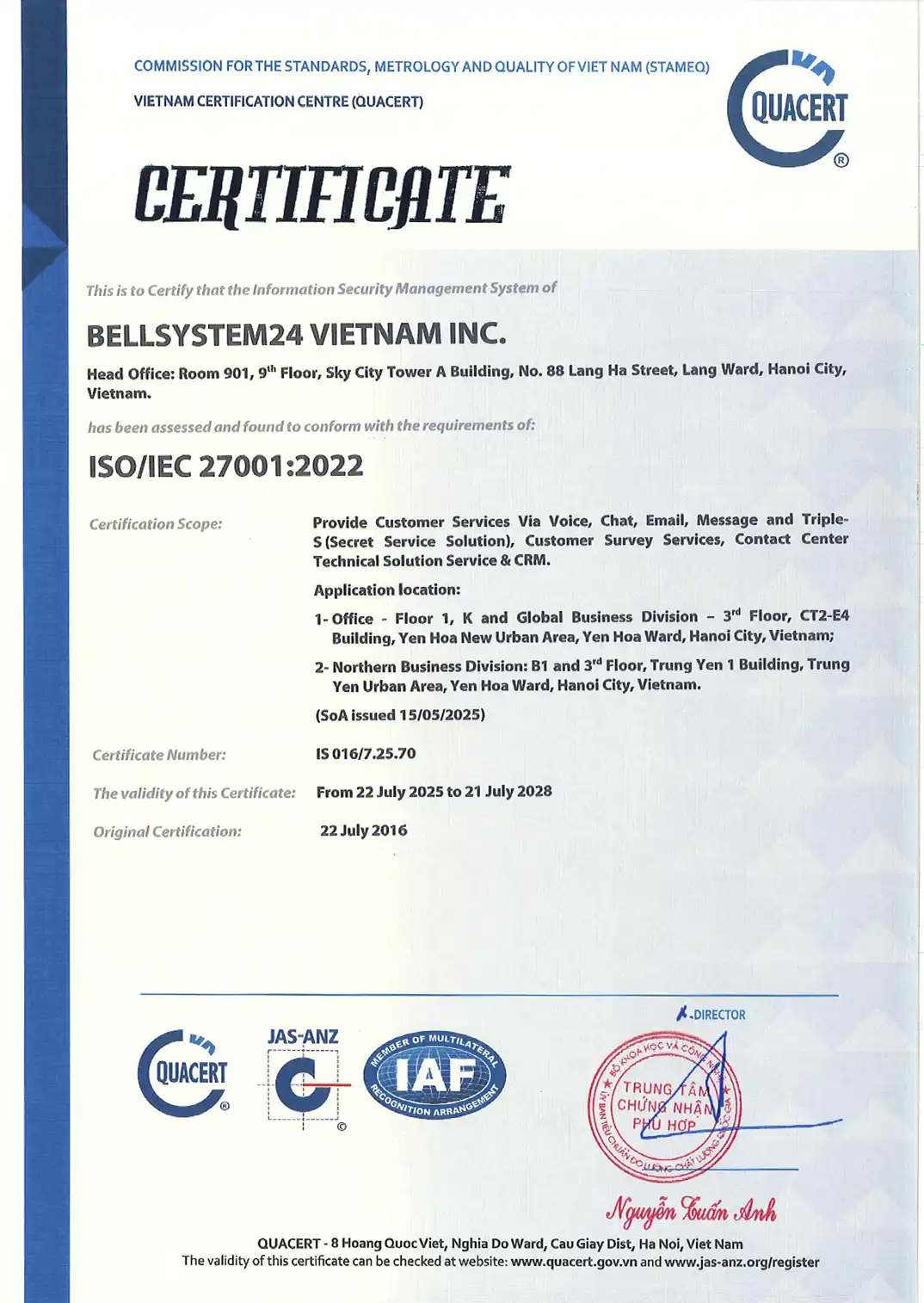Challenges businesses face
- Low order conversion rate, revenue not as expected
- There is a lot of potential customer data, but we don't know how to utilize it.
- The sales team lacks confidence and the necessary soft skills.
- Not understanding customer psychology, leading to failure in the consultation process and customer retention.
- Internal training programs are ineffective and not relevant to real-life situations.
Who is this course for?
- Sales Representative, Telesales (B2B, B2C)
- Businesses want to improve the effectiveness of their sales departments.
Course content
Selling through experience - Modern sales thinking
- Shifting from sales to "creating experiential value"
- Customer Journey and Emotional Touchpoints
- Common customer styles and appropriate approaches
- Three pillars of sales
Telephone sales model - Effective telesales
- The characteristics and challenges of telephone sales
- The 6-step model for effective telephone sales
- Active listening skills, asking questions, call control
- Positive language – touching the customer's heart through your voice
Develop a persuasive sales pitch
- Develop a modern, professional sales script
- Information mining techniques and effective presentation
- Personalize the script – tap into customers' "pain points" and "desires"
- Four models for handling all types of rejection
- Three effective closing techniques
- Practice: Write and present sales scripts for each product/service group.
Practice - Debate
- Role-play: Practice one-on-one or in groups (customer – salesperson)
- Direct feedback from training experts and teammates
- Analyzing common communication errors – handling – closing sales
- Summary, competency assessment, and action plan after the course
Learning format
E-Learning
Online training, unlimited enrollment, cost-effective
Live
Training at Bellsystem24 Vietnam or partner facilities
Results after the course
- The sales team is skilled in closing sales techniques and knows how to handle rejections, thereby increasing sustainable revenue.
- Master the mindset of identifying needs, know how to ask the right questions, optimize your ability to reach and persuade customers.
- Confidently communicate, not afraid of rejection, proactively build and maintain relationships with customers.

Our Unique Value
We believe that the best training solution is one that is tailored to the needs of each business, addressing issues from mindset to operational methods at their root.
Leading expert in customer service
Bellsystem24 Vietnam is a leading Japanese and Vietnamese company with over 40 years of experience in the customer service industry and is a member of many prestigious global associations.
Flexible "measurement"
Consulting and designing structured training programs based on: Field of activity, scale, characteristics, and business philosophy.
Five-factor training method
Maximize the integration of experiential activities and lesson content.
The classroom has virtually no barriers, helping students integrate quickly, interact in diverse ways, and easily enhance their knowledge.
Ensure that 90% students remember and apply immediately
Numerous specific illustrations and hands-on activities at a professional Contact Center.
Practice and follow-up after training, combined with the use of E-learning applications to mentor and coach students, helping them confidently apply the knowledge they have learned to their work.
Differences
- # Flexible Design
- # High practicality
- # Differentiated Approach
- # Post-training support and assistance
Faculty

Mr. Bui Tien Dung
Training Division Manager
10 years of teaching experience in customer service skills and sales for major partners such as Yamaha, VNPost, Viettel, and EMS.

Ms. Nguyen Thi Ngoc Anh
Training Team Leader
Over 8 years of teaching experience in customer service for projects with partners Vietjet Air, Sony, Shopee, Abbott, and Glico.

Ms. Nguyen Thi Thu Giang
Director of the Human Resources Unit
Research and teaching expert in customer service for partners such as VietinBank, BIDV, GMobile, and HTVC.
Implementation process
Step 1
Receive requests, conduct surveys, and agree on training objectives
Step 2
Design training programs based on the actual situation of the enterprise
Step 3
Training preparation work
Step 4
Implement training
Step 5
Post-training evaluation and certification
Step 6
Post-training and retraining surveys
Our customers












